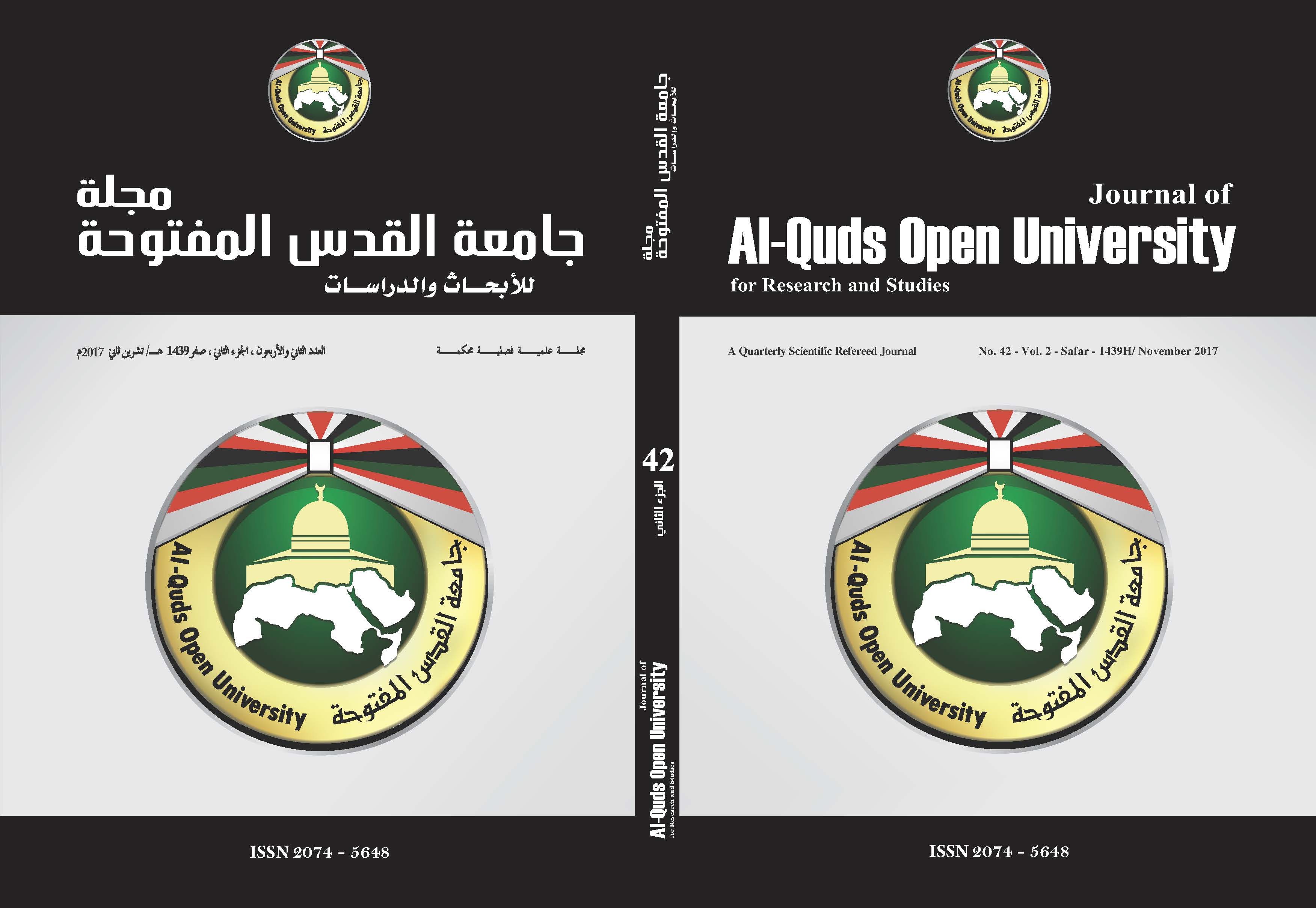The Limits of the Application of International Humanitarian Law and its Effectiveness on Terrorist Hostilities. Analytical Review in Light of Contemporary Conflicts
Keywords:
, International Humanitarian Law, Terrorist Acts, Contemporary Conflicts, Law of Armed Conflict.Abstract
Events in recent years have increased interest in the issue of how international humanitarian law is applied in today's context of violent confrontation.
International humanitarian law (the law of armed conflict) recognizes two categories of armed conflict: international and non-international. International armed conflict involves the use of armed force by one State against another. Non-international armed conflict involves hostilities between government armed forces and organized armed groups or between such groups within a state. When and where the " global war on terror " manifests itself in either of these forms of armed conflict, international humanitarian law applies, as do aspects of international human rights and domestic law.
Downloads
Published
How to Cite
Issue
Section
License
- The editorial board confirms its commitment to the intellectual property rights
- Researchers also have to commit to the intellectual property rights.
- The research copyrights and publication are owned by the Journal once the researcher is notified about the approval of the paper. The scientific materials published or approved for publishing in the Journal should not be republished unless a written acknowledgment is obtained by the Deanship of Scientific Research.
- Research papers should not be published or republished unless a written acknowledgement is obtained from the Deanship of Scientific Research.
- The researcher has the right to accredit the research to himself, and to place his name on all the copies, editions and volumes published.
- The author has the right to request the accreditation of the published papers to himself.













_2.png)
_.png)
_2.png)
_1.png)
_.png)

